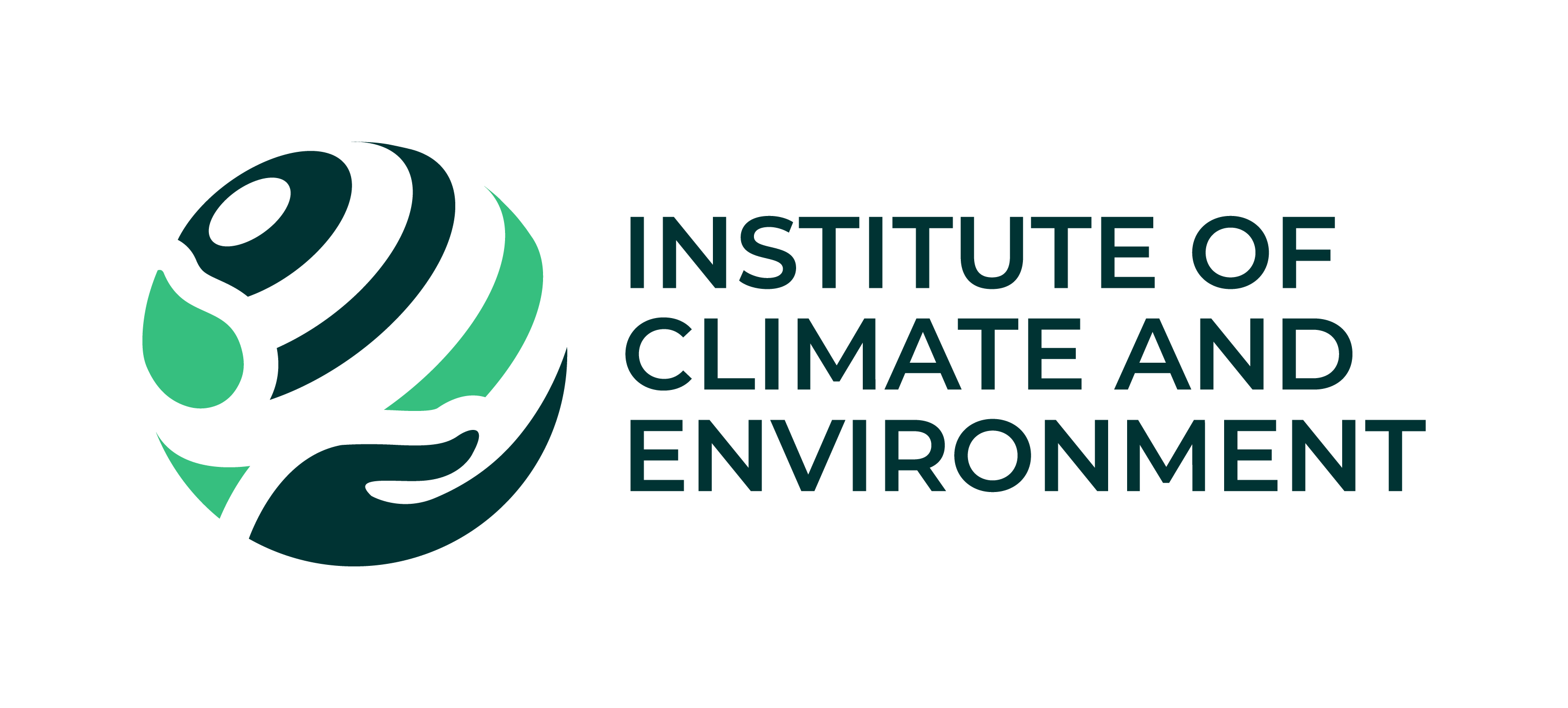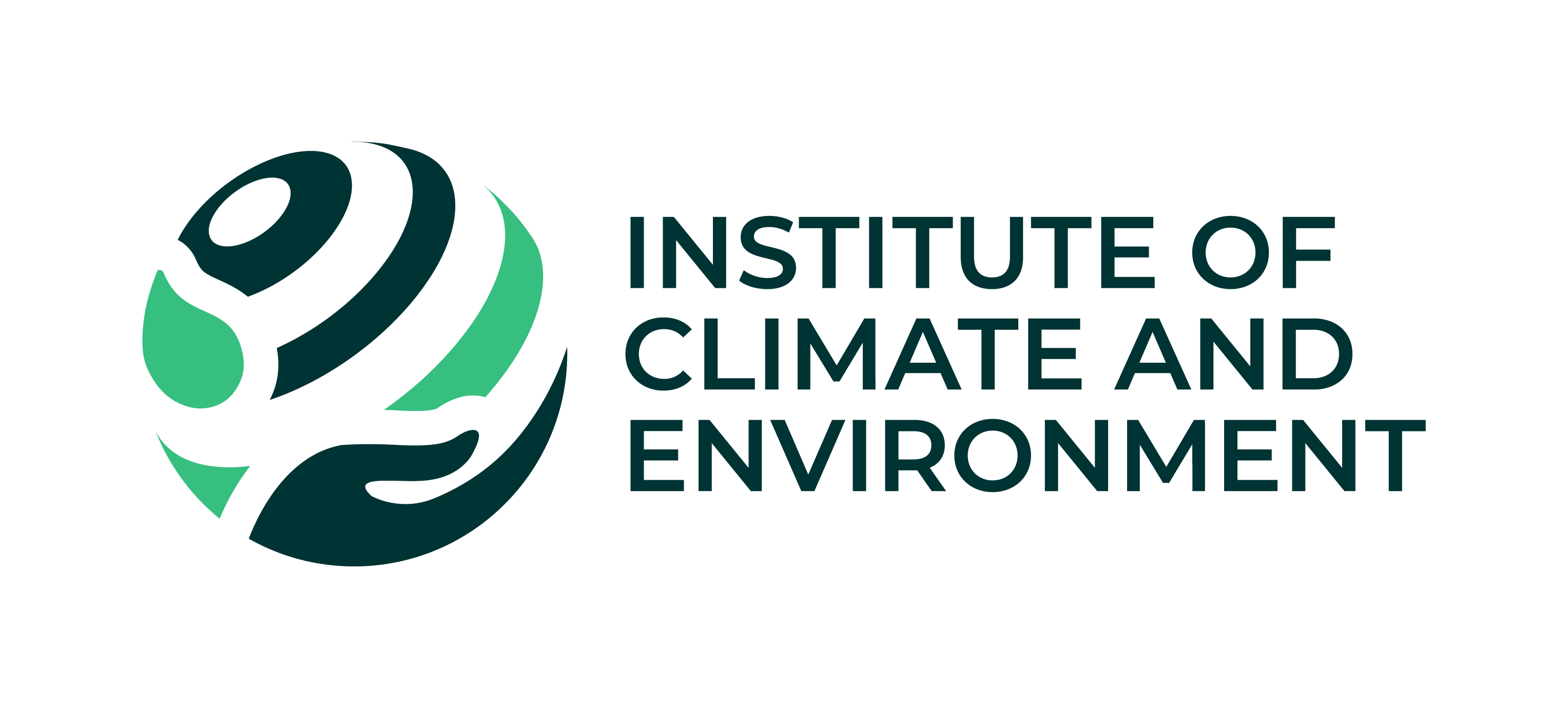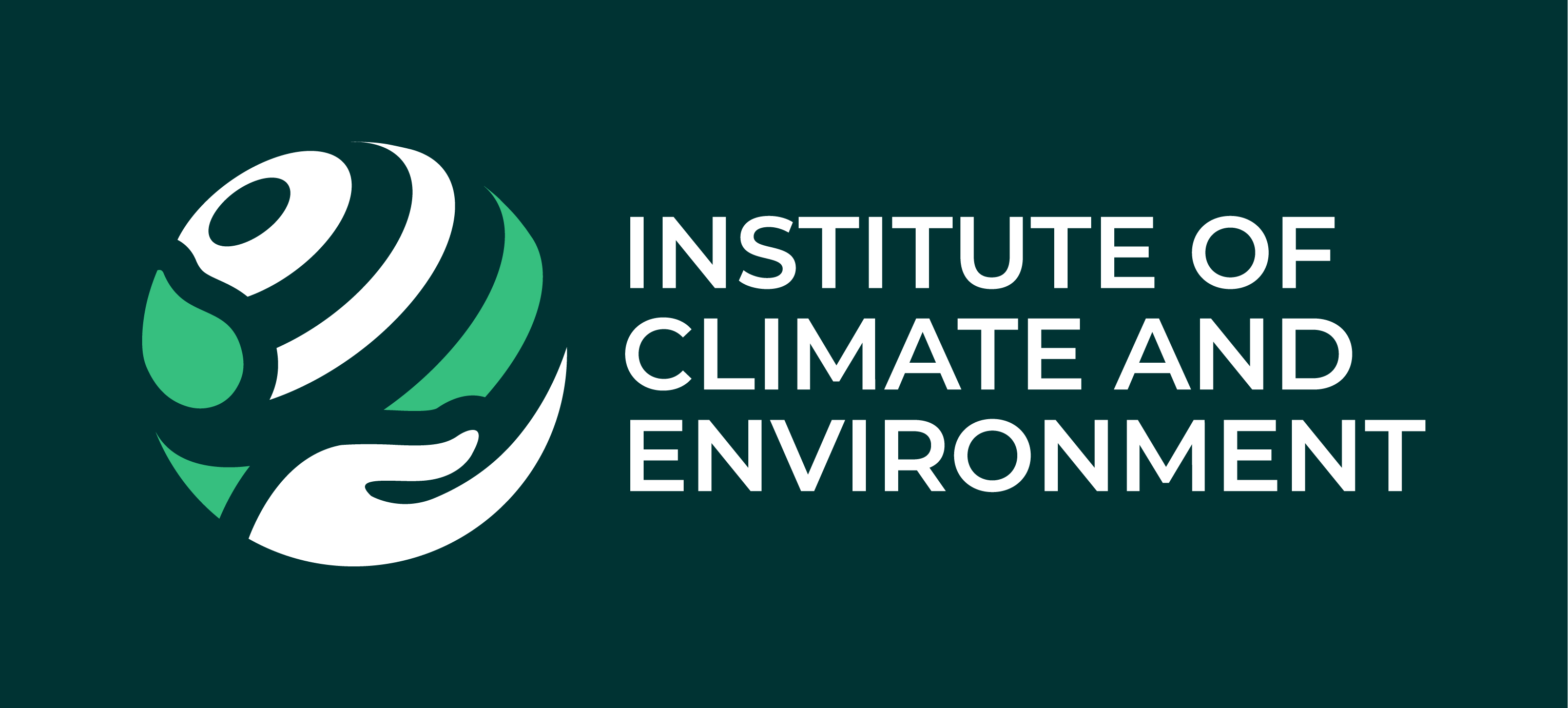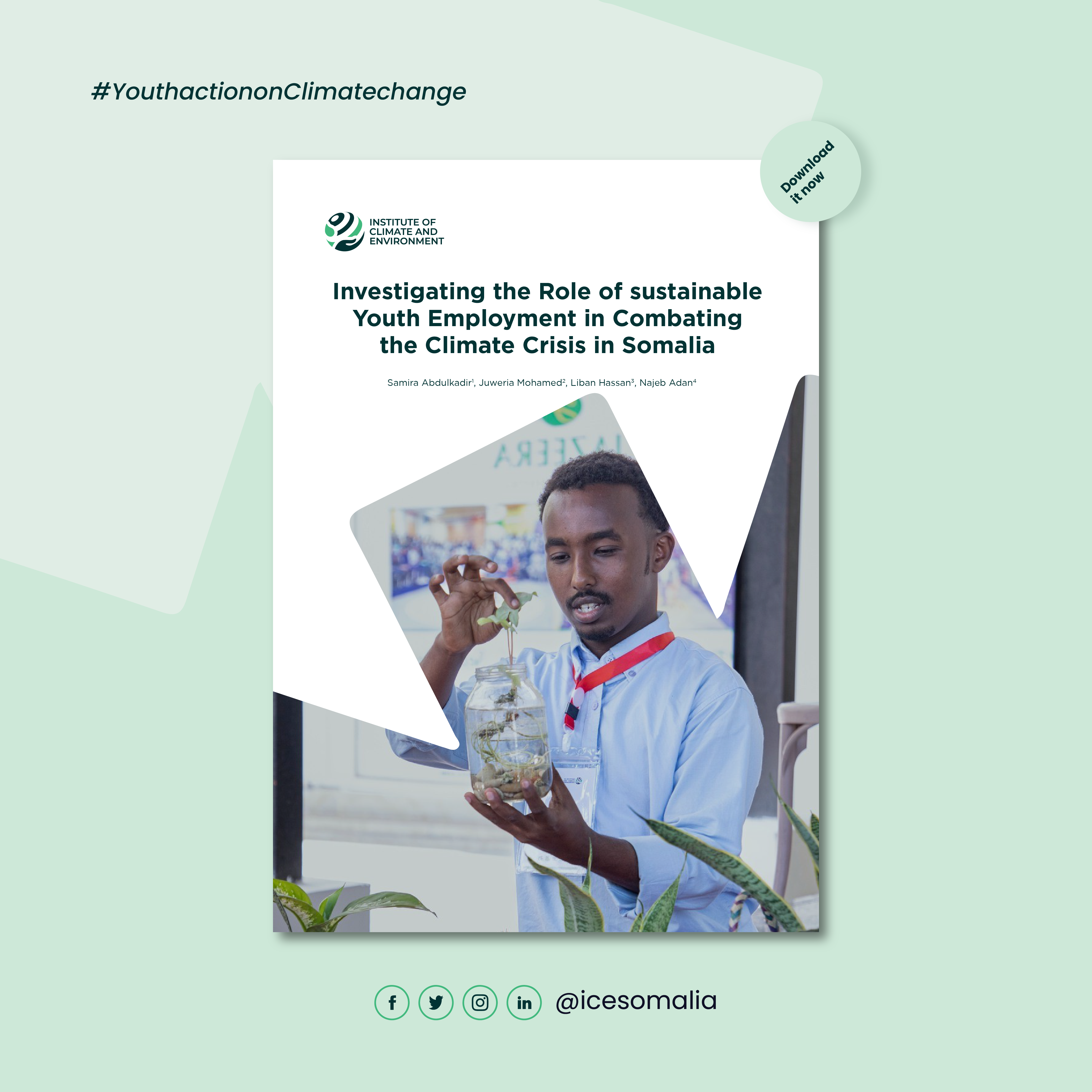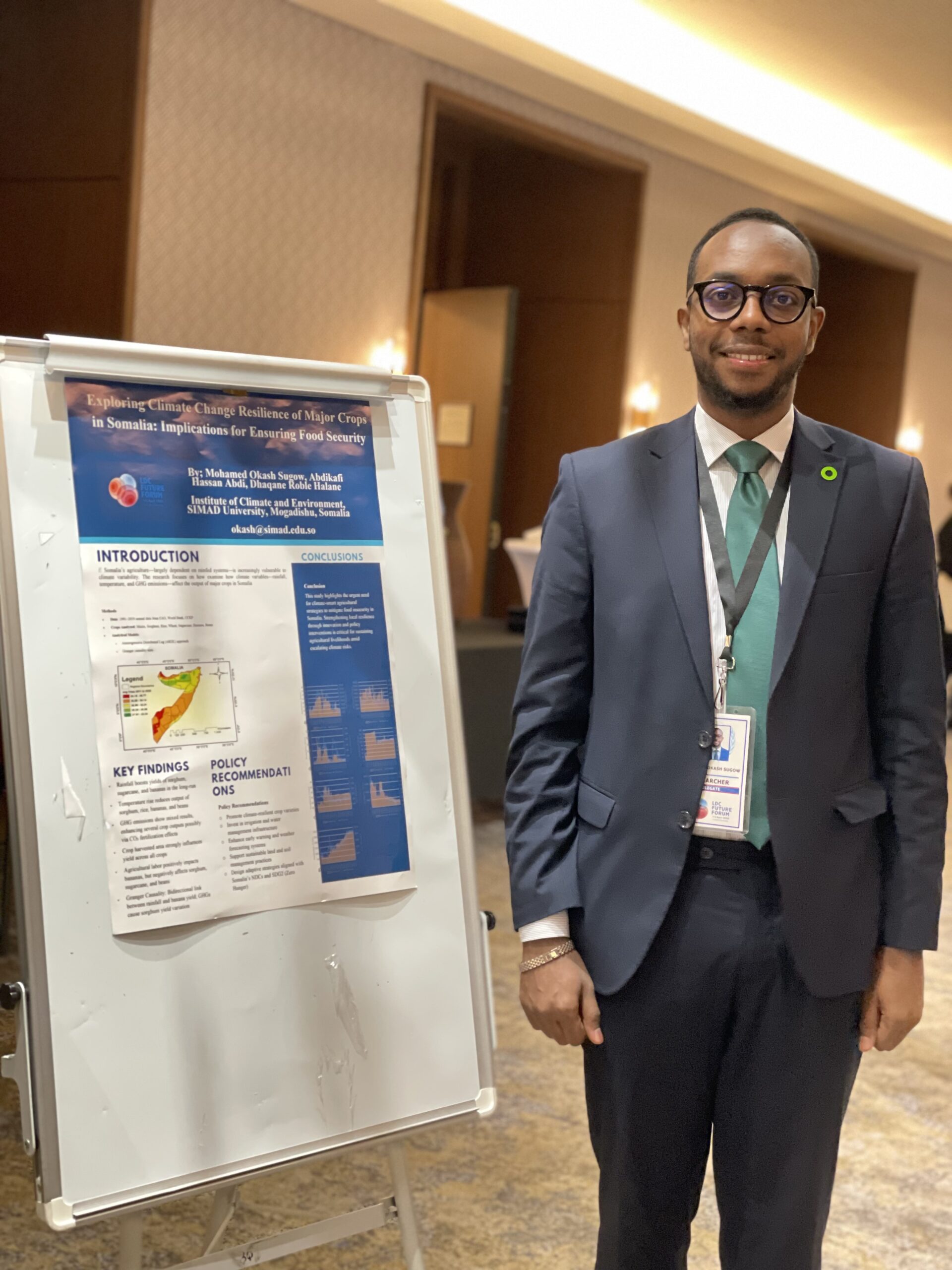Modeling the impacts of energy consumption, ICT, industrialization, and urbanization on Somalia’s environmental sustainability: a hybrid approach using dynamic ARDL and KRLS methods
A study featured in Discover Sustainability provides important insights into the forces driving environmental change in Somalia. Led by scholars from the Institute of Climate and Environment (ICE) and SIMAD University, the research applies a dynamic blend of econometric and machine learning methods—specifically dynamic ARDL modeling and Kernel-Based Regularized Leas
Advancing Somali agriculture through digitalization: assessing the impacts of ICT and foreign direct investment on food production
A study published in Environmental Research Communications investigates how digital technologies and foreign investments are shaping food production in Somalia. Led by researchers from the Institute of Climate and Environment and SIMAD University, the study employs a hybrid analytical approach—combining the autoregressive distributed lag (ARDL) technique and Kernel-
Investigating the Role of sustainable Youth Employment in Combating the Climate Crisis in Somalia
We have conducted a groundbreaking research report exploring how sustainable youth employment can be a powerful force in tackling Somalia’s pressing climate crisis. The study highlights the untapped potential of Somali youth in driving climate resilience through innovation, environmental entrepreneurship, and community-led action. Drawing on qualitative interviews w
ICE Institute participates at the Third LDC Future Forum 2025
The Third LDC Future Forum 2025 brought together high-level policymakers, researchers, development practitioners, youth leaders, and innovators from across Least Developed Countries (LDCs) to engage in a global dialogue on resilience-building. The Forum focused on the intersection of climate, economy, health, and social protection—seeking African-led and South-drive
